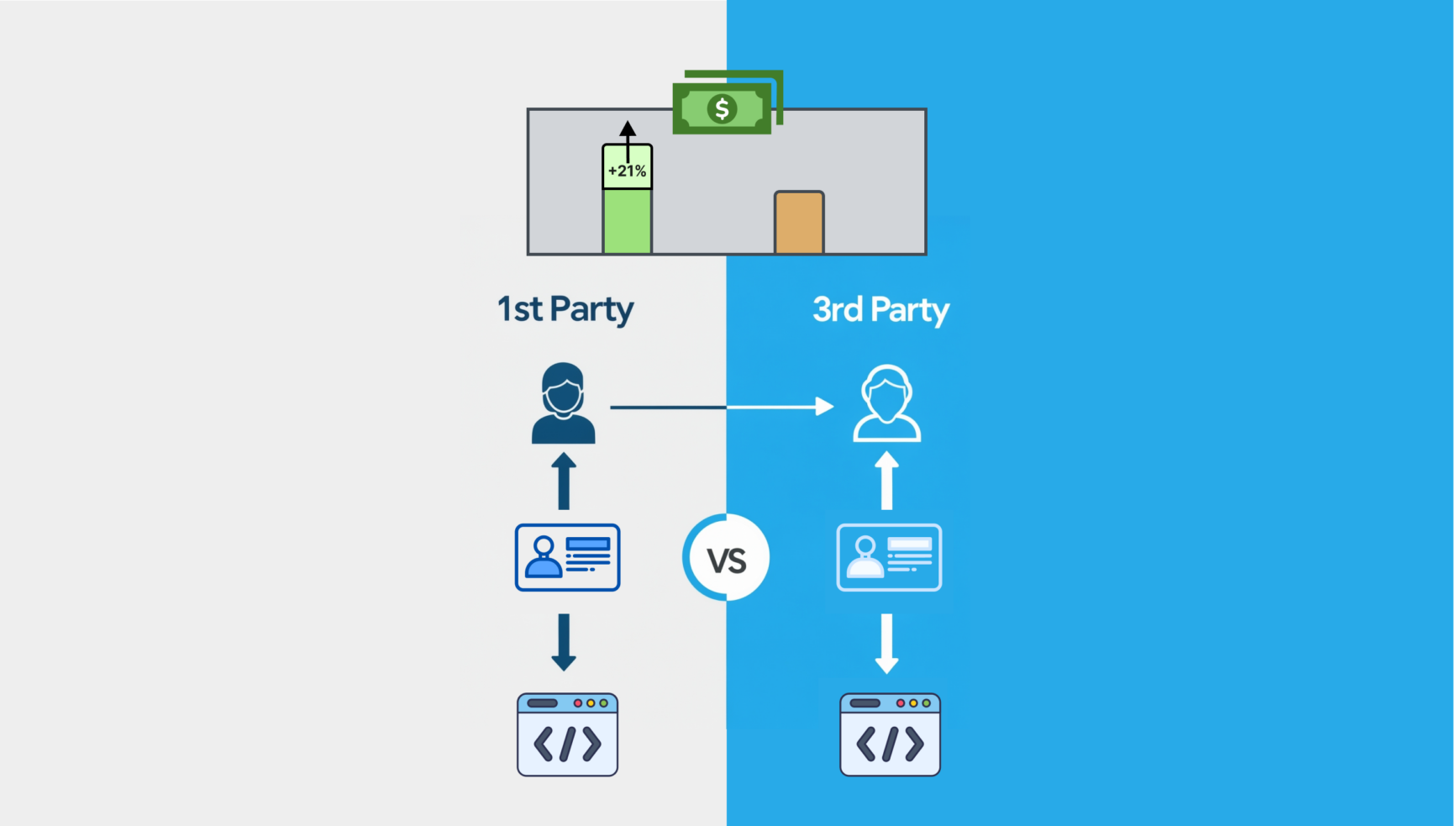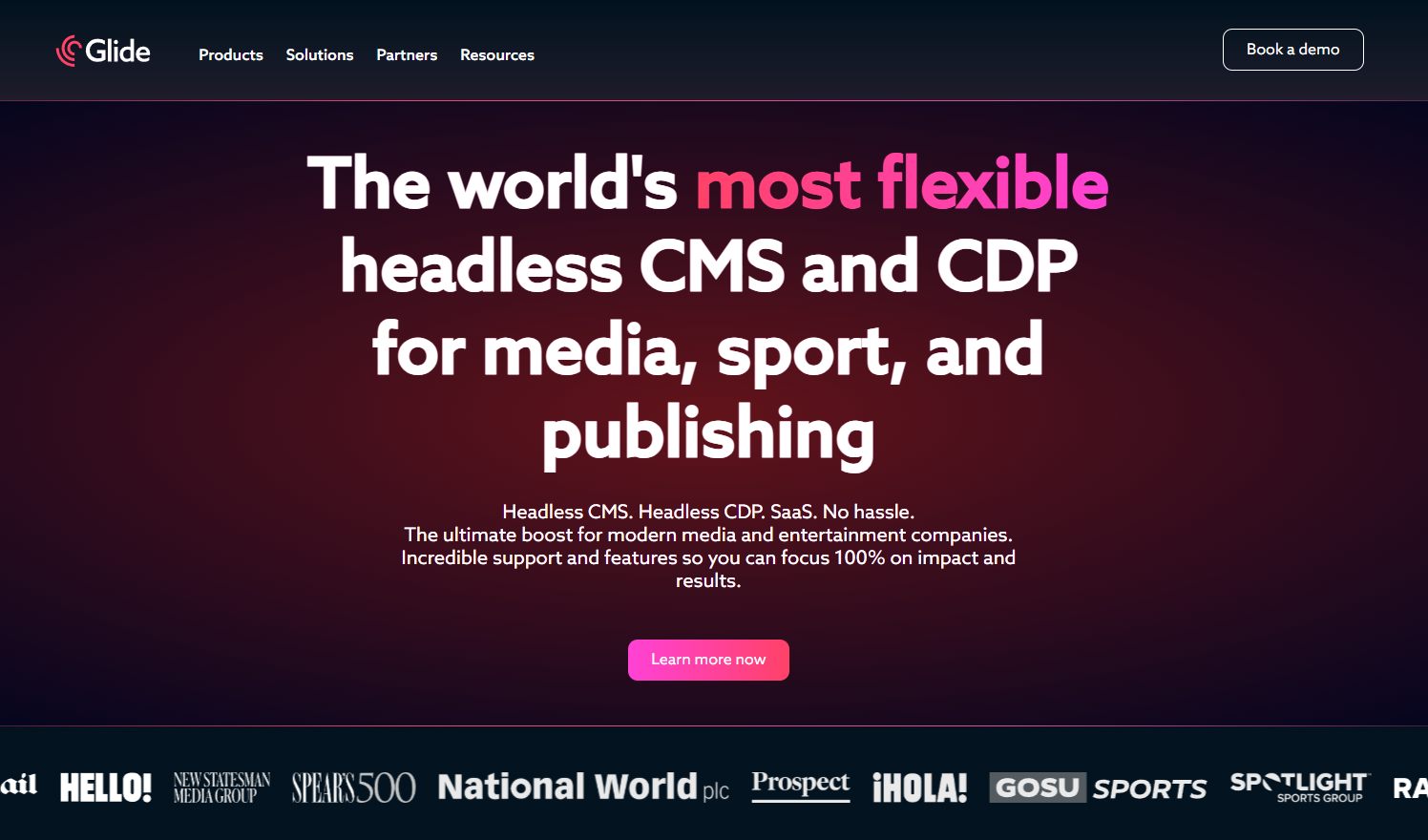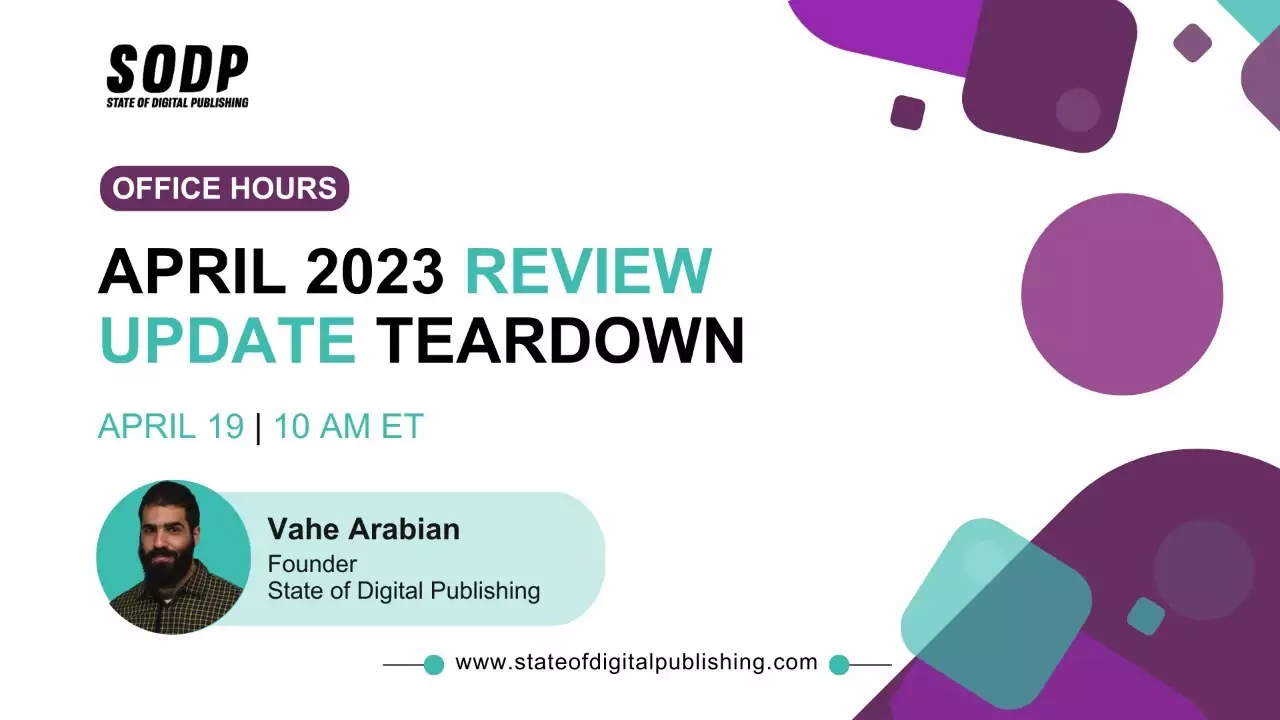What’s been happening in the world of digital publishing over the last week? Here’s your weekly round-up of news, announcements, product launches, and more.
Social media
Twitter Transparency Report Discloses Impact on Member Accounts
Twitter issued it’s six-month Transparency Report revealing what countries are making the most information requests, Twitter revealed facts about policing members for rule violations and a surprising trend in accounts that violate the rules. Read more
Why it matters: As the piece points out, “Sinéad McSweeney, Twitter’s Vice President of Global Public Policy and Philanthropy stated that Twitter is facing increasing attempts by governments to remove content from Twitter and positions Twitter as protecting their member’s rights to privacy.”
LinkedIn acquires Israeli marketing analytics company Oribi
LinkedIn says it has entered an agreement to acquire Oribi, a six-year-old analytics company, to bolster its ad business and to establish a presence in Israel. Oribi specializes in measuring how well ads drive desired outcomes, like a final purchase. LinkedIn hopes to build on its current capabilities with the expertise of Oribi’s staff. Read more
Why it matters: As the article notes, “The deal will make it easier for LinkedIn’s ad clients to measure how well their ads perform.”
Twitter is working on a podcasts tab
As Twitter continues to develop its live audio product Spaces, the platform may soon take things a step further by launching a dedicated podcasts tab on its mobile apps.
According to reverse engineers who search the code of mobile apps to spot features in development, this addition would create a dedicated space on Twitter to house podcasts. Read more
Why it matters: As the article notes, “A podcasts tab might function like a home for users to browse recorded Spaces and generate more engagement in this content; Twitter already shows live Spaces in their own tab.”
Trends
Google Search Trends Show How Customer Expectations Are Changing
A new report from Google contains data on how customer expectations are changing, and reveals what people want from businesses this year.
Based on a comparison of search volume from 2021 to 2022, trends indicate that customers want things both sooner and later.
If customers are out shopping in person then they want the ability to do it late at night, and if they’re shopping online they want items to arrive as soon as tomorrow. Read more
Why it matters: “Staying informed about consumers’ changing expectations can help your business meet their needs better, ensuring they continue to choose you over competitors.”
Big tech
Australia’s Standoff Against Google and Facebook Worked—Sort Of
Over Zoom, Australia’s communications minister, Paul Fletcher, has the air of a man in the middle of a victory speech. He credits his team and the country’s competition regulator for succeeding where others had failed: forcing tech giants to pay for news. “There were a lot of people saying you can’t really succeed in taking on the global digital giants,” he says, sitting beneath strip lighting in his Sydney constituency office. But Fletcher and Australia’s federal treasurer, Josh Frydenberg, persevered. In 2020, when the Australian government asked the competition regulator to develop a law that would force tech giants to pay for the news that appears on their feeds, Fletcher was aware of the stories others used as warnings. When Germany’s biggest news publisher, Axel Springer, tried to block Google from running snippets of its articles in 2014, it backtracked after just two weeks once traffic plunged. When Spain tried to force Google to pay for news in 2014, the search giant just left—blocking Google News in the country for seven years. Read more
Why it matters: As the author points out, “Now countries around the world are looking at Australia’s code as a blueprint of how to subsidize the news and stop the spread of “news deserts”—communities that no longer have a local newspaper. Canada is expected to propose its own version in March. Media associations in both the US and New Zealand are calling for similar policies. Reports suggest the UK culture secretary, Nadine Dorries, is also planning to require platforms to strike cash-for-content deals.”
YouTube Offers Up to $300,000 to Get Podcasters to Make Videos
YouTube is reaching out to podcasters and podcast networks, offering “grants” of up to $300,000 to entice them to create video versions of their shows, according to people with knowledge of the matter.
Content from our partners
The company is extending offers of $50,000 to individual shows and $200,000 and $300,000 to podcast networks, according to the people, who asked not to be identified because the matter is private. The money could help producers create filmed versions of their episodes or make other kinds of videos. Read more
Why it matters: The article points out: “The move could bring more substantial programming to the Alphabet Inc.-owned streaming service and bulk up its overall podcast lineup. YouTube has become a powerful podcasting platform without devoting much money to the format.”
Audience engagement
Insider and Axel Springer back new podcast company Spooler
Insider and its parent, German publishing giant Axel Springer, are investing in a new podcast company called Spooler, Insider CEO Henry Blodget tells Axios. Spooler will co-produce a new podcast with Insider called “The Refresh from Insider” using proprietary tech that makes it easier for producers to update podcast content with new segments after it’s been published. Read more
Why it matters: As the article points out, “The new company will be the first of several joint investments from a new fund called “Axel Springer Insider Ventures” (ASIV) that’s focused on innovation in media. “We are likely to help start several new startups that will focus on different aspects of innovation in journalism,” Blodget said. “And this is the first, but there will likely be others and we will put both some capital into them and give them operating guidance and strategic partners.””












